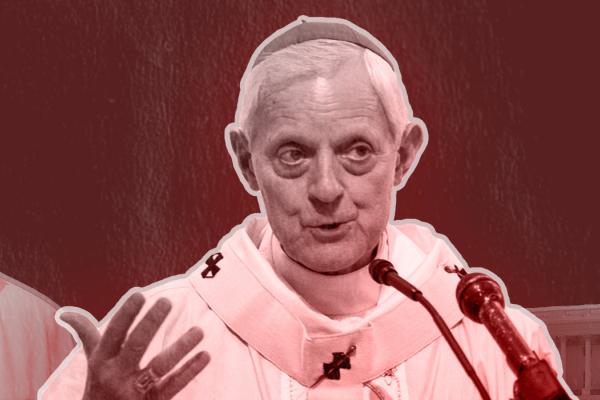If Cardinal Wuerl has found himself at the heart of contemporary Catholic history, it hasn’t been on purpose. He’s been searching, from Mass to committee meeting, from fundraising event to coffee break, to get to the heart of something else.For one reason or another, Donald Wuerl has found himself present for many of the most important events in the Catholic Church in the past half-century: He was in Rome during Vatican II; he orchestrated a landmark diocesan reorganization in Pittsburgh; he anticipated — and battled — the Vatican over the clerical abuse crisis in the United States.
With a career where he has ended up in the right place at the right time over and over again, some might dismiss Wuerl as a climber. But his determination to follow his conscience on difficult issues — and empower others to do the same — shows that he has been searching for something deeper than prestige.
Read the Full Article

